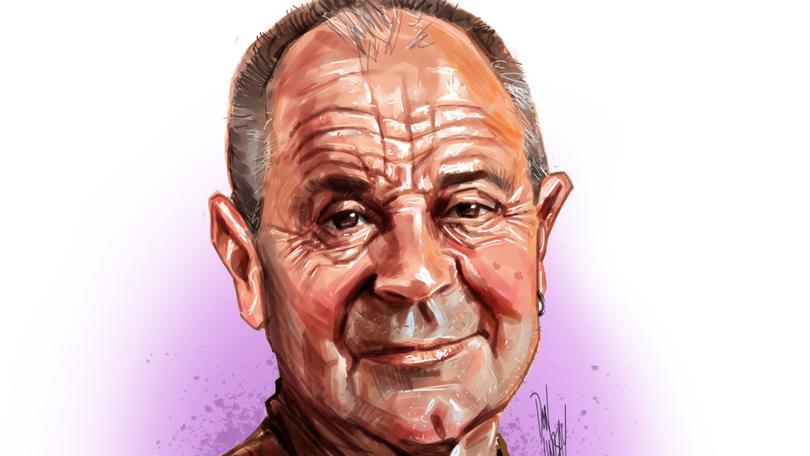The Best Australian Yarn 2024: Indigenous people should tell their stories
Indigenous stories are the bedrock of Australia, and we need to dig beneath the surface to find the hidden gems of our future talent which will transform the nation.

What you read, you believe.
The stories we are told and that which we choose to document in history tells us far more than just the words which appear on the page. It tells us what was important at a particular time in history. It tells us who had power, who had control and who had a voice.
The stories we tell our children tell us everything about the people we want them to be. Stories shape their ways of thinking, behaving and decision making.
Sign up to The Nightly's newsletters.
Get the first look at the digital newspaper, curated daily stories and breaking headlines delivered to your inbox.
By continuing you agree to our Terms and Privacy Policy.Our museums and art galleries tell us stories. Walk through the Louvre, the British Museum or the Smithsonian, and you will see history curated through stories. Which artefacts and works of art are on display? To whom are they paying homage, and legitimising the authority of?
Stories can shape public opinion and influence political discourse. The can build political identity, highlight social issues, mobilise social movements, promote dialogue and reconciliation and counter disinformation and propaganda.
Though things are slowly changing, many of our cultural and historical institutions in Australia are still packed with stories told from a European perspective. Military history and the history of colonisation told from the viewpoint of those with power take precedence over the stories of minorities, the voiceless, and Indigenous people. So many of our own stories go untold.
But it’s past time we tapped into this rich vein of stories. Both Australians and visitors to our country would benefit from learning some of our stories. Thankfully, the opportunities for them to do so are growing.
The continued sharing and writing about Indigenous stories from an Indigenous perspective will fill a knowledge gap in Australian literature, screenwriting, and education in our country. One way to ensure this continues is through cultivating the next generation of Indigenous storytellers.
And one great vehicle for doing so is the Best Australian Yarn, Australia’s richest short story competition.
Entrants must be aged 12 and over and submit an original, unpublished work of fiction of up to 2500 words. This year, the major winner will receive $50,000, the runner-up $4000 and category winners $3000 each.
The First Nations Storytelling Prize is in its second year, and I am thrilled to be the prize ambassador and judge, along with an esteemed panel of Indigenous judges, Professor Kim Scott, Associate Professor Elfie Shiosaki and last year’s inaugural First Nations Storytelling Prize winner, Sharleigh Crittenden.
Storytelling is more than just artistic expression for Indigenous people. It is integral to our culture, customs, and practices. It is a way to communicate information and preserve and connect to land and culture. It fosters a sense of belonging and identity and serves as a mechanism to educate and learn.
Indigenous stories are the bedrock of Australia, and we need to dig beneath the surface to find the hidden gems of our future talent which will transform the nation.
Stories are powerful, they can be a weapon, a mechanism of justice. They can entertain and inform. And there is an opportunity we need to embrace through telling Indigenous stories and ensuring the way in which they are told is correct. The best way to do that is by having Indigenous people tell their stories themselves and fostering the next generation of Indigenous writers.
Entries for The Best Australian Yarn are open now and close August 12.
Originally published on The West Australian
